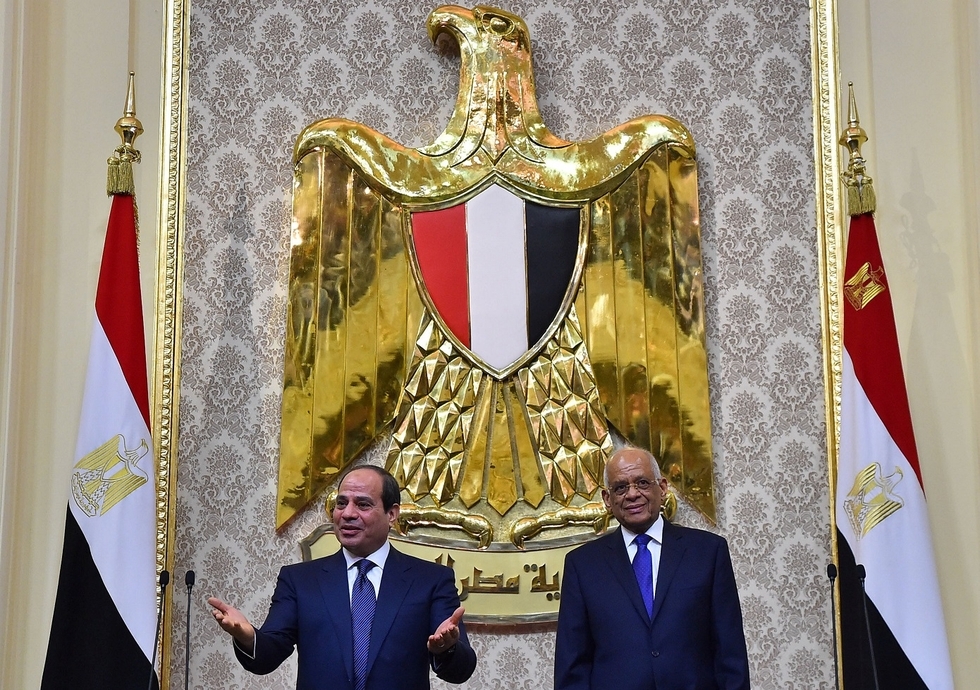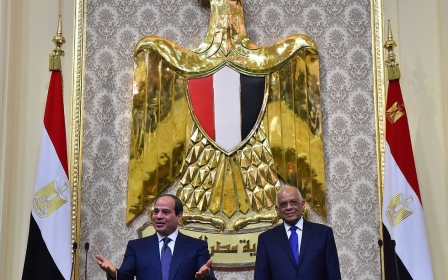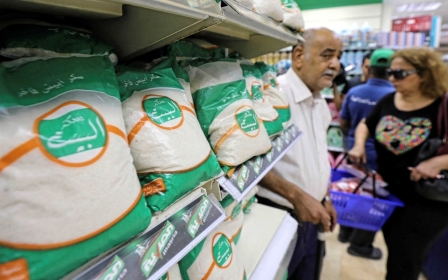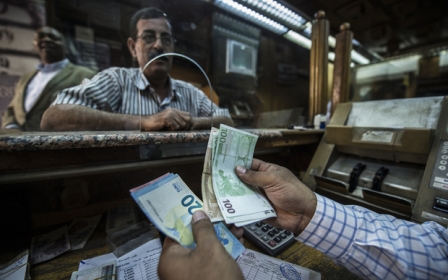Egypt pensions should be raised to keep up with price hikes, say Egyptian MPs

A number of Egyptian MPs called on Tuesday for raising the minimum state pension as price hikes and inflation hit the poor and middle classes hard.
Members of the 25-30 Alliance parliamentary bloc said in a session on Tuesday that pensions should be raised to the same level as the minimum wage ($70).
“With unprecedented inflation rates and the price hikes that followed cutting fuel subsidies, the government should have reviewed salaries and pensions,” MP Ahmed al-Sharqawy said.
The minimum wage in Egypt currently stands at EGP 1200 ($70) a month and the minimum pension is EGP 750 ($42).
The group said higher pensions should be financed by decreasing the maximum wage, a government-set cap which regulates the pay of top earners
On 17 June, parliament approved a bill that raised the salaries of the Parliamentary speaker and senior government officials by 100 percent, and regulated their pensions to be calculated according to their years of service.
The new pensions for top officials would range between 25 and 80 percent of the final salary, called “the settlement wage,” according to the new law.
'Ministers are public sector employees. There should be one law governing the wages of all employee'
- Abdelhafez al-Sawy, economist
That compares to a maximum pension of 30 percent for public and private sector employees who have worked for at least 36 years, according to the Egyptian social insurance law.
The bill was criticised by members of the 25-80 Alliance parliamentary group, who criticised the fact the parliament speaker, MP Ali Abdelal, voted on a law that doubled his own salary.
Abdelhafez al-Sawy, an Egyptian economist, told Middle East Eye that the law represented "one form of social injustice".
"Ministers are public sector employees. There should be one law governing the wages of all employees," he said.
In June, the Egyptian government raised the wages of approximately 6.5 million public sector employees by 10-15 percent and their pensions by 15 percent ahead of fuel price hikes and the corresponding increase in transportation tariffs and electricity prices.
The government then announced a 26 percent increase in the price of electricity, and up to 60 percent increase in fuel prices.
On Saturday, 21 July, the Egyptian government announced it would raise the price of natural gas for home and commercial use by up to 75 percent.
The price increases are part of an economic reform programme linked to the IMF deal with Egypt in 2016, aimed at fixing Egypt’s budget deficit and luring investors back into the country’s ailing economy.
Egypt’s annual urban consumer inflation has increased to 14.4 percent in June as a result of the economic measures.
New MEE newsletter: Jerusalem Dispatch
Sign up to get the latest insights and analysis on Israel-Palestine, alongside Turkey Unpacked and other MEE newsletters
Middle East Eye delivers independent and unrivalled coverage and analysis of the Middle East, North Africa and beyond. To learn more about republishing this content and the associated fees, please fill out this form. More about MEE can be found here.




